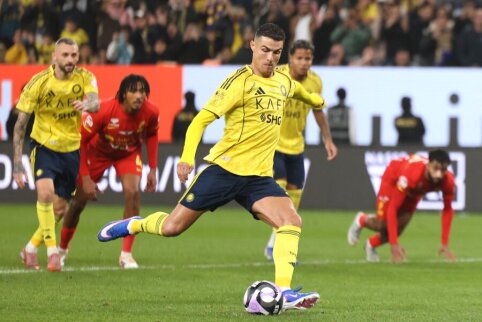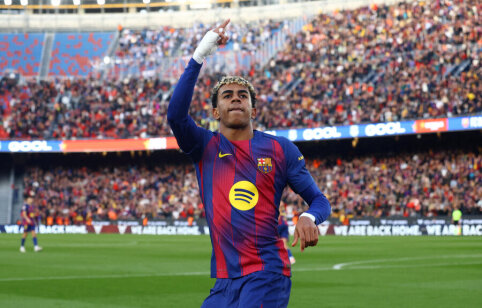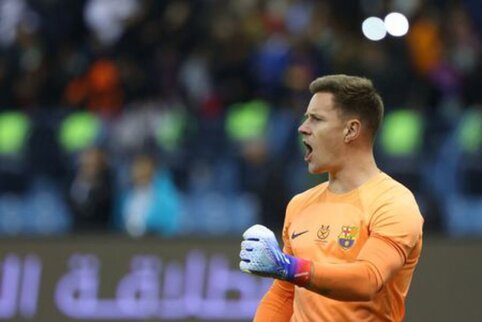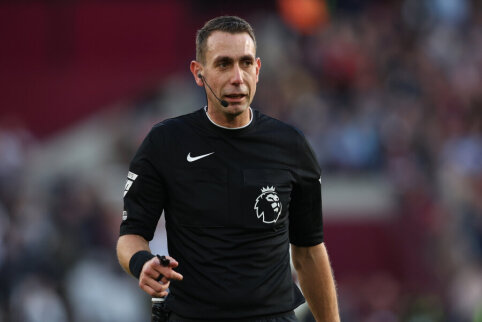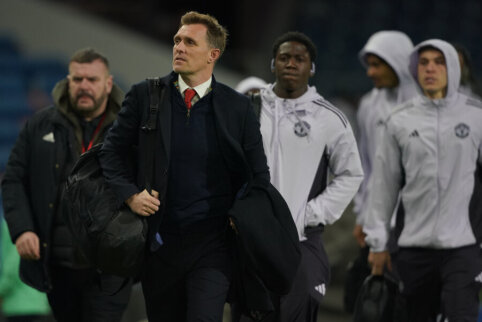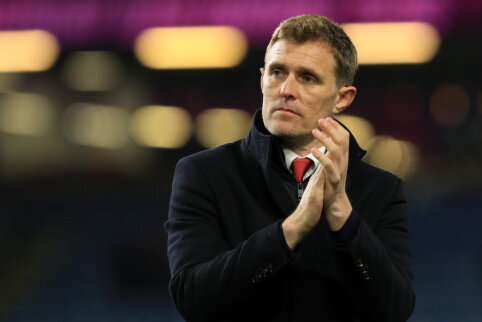 © EuroFootball.com
© EuroFootball.com
For the readers of the portal Eurofootball.com, we present an article printed in the latest issue of the official UEFA Champions League magazine "Champions" about the Belgian who changed the football world, Jean-Marc Bosman.
Bosman has no regrets While the giants of European football continue to fight for the prestigious trophy of the Champions League tournament, the man whose famous case indirectly paved the way for elite clubs to form teams of the best players from various nationalities believes that he deserves at least a little recognition.
The famous case Nearly a decade after the face of European football was changed, Jean-Marc Bosman, whose name is still associated with player contracts and free agent transfers, is making an effort to earn a living, while hundreds of professionals in his field, he says, quickly become wealthy and take advantage of the privileges he fought for in his passionate campaign for justice.
Personal role It cannot be more ironic. "I look at all those big money-making stars and think - thanks to me, they can all negotiate their contracts again," says the retired from the football world Bosman. "Personally, I never thought I would earn a lot of money, I just tried to earn a little for a better life, but the fact remains that without Bosman's rule, Madrid's "Real" club would not be the team it is now. If we talk about this matter, even London's "Chelsea" would not be the same."
Pioneering challenge Fifteen years ago, Bosman was a wandering player, playing for the now defunct club "Liege", which was in the top league in Belgium at the beginning of this case. Supported by a team of lawyers, Bosman argued that the rules preventing him from moving to the French club "Dunkerque" after his contract expired were incompatible with the provisions of the Rome Treaty on freedom of movement. The footballer argued that the old "transfer" system is illegal, and tried to influence the authorities to abolish restrictions on foreign players, as they amounted to discrimination based on nationality.
The old system The problem was transferred by the Belgian national court to the Court of Justice of the European Union, whose final and unappealable ruling in December 1995 was finally in favor of Bosman. Previously, even before this case, players remained dependent on their clubs even after their contracts ended. If another club wanted to buy a player, they had to pay a suitable amount to both parties, that is, the same amount that clubs now pay for a player when he still has a valid contract.
Players' freedom Although Bosman's rule immediately allowed players to change jobs like any other employee, the negative aspect was that talented footballers left the smaller clubs that raised them and moved to bigger ones for brighter times and more money.
Football hypocrisy Although, as we know, the Bosman case opened the doors for players to the free agent system, the Belgian himself rejects accusations that he is to blame for all the problems in the game: "I don't have time for club presidents who are forced to sell players and then blame me," says Bosman. "I'm made a scapegoat for everything that goes wrong. But when things turn in their favor, when these same presidents suddenly buy some player from abroad for cheap, who costs much less than their own players, do they ever thank Bosman? Of course not. It's just plain hypocrisy."
A common problem Nevertheless, after a decade, Bosman admits that the issue of talented young players being lost to poorer clubs is a factor that needs to be addressed. Perhaps ironically, he supports UEFA's plan to set a minimum of homegrown players for clubs. "I think there should be a system where players have to stay in their first professional club for a certain period of time. This is already working in France. Many young players want everything too quickly," says Jean-Marc Bosman.







